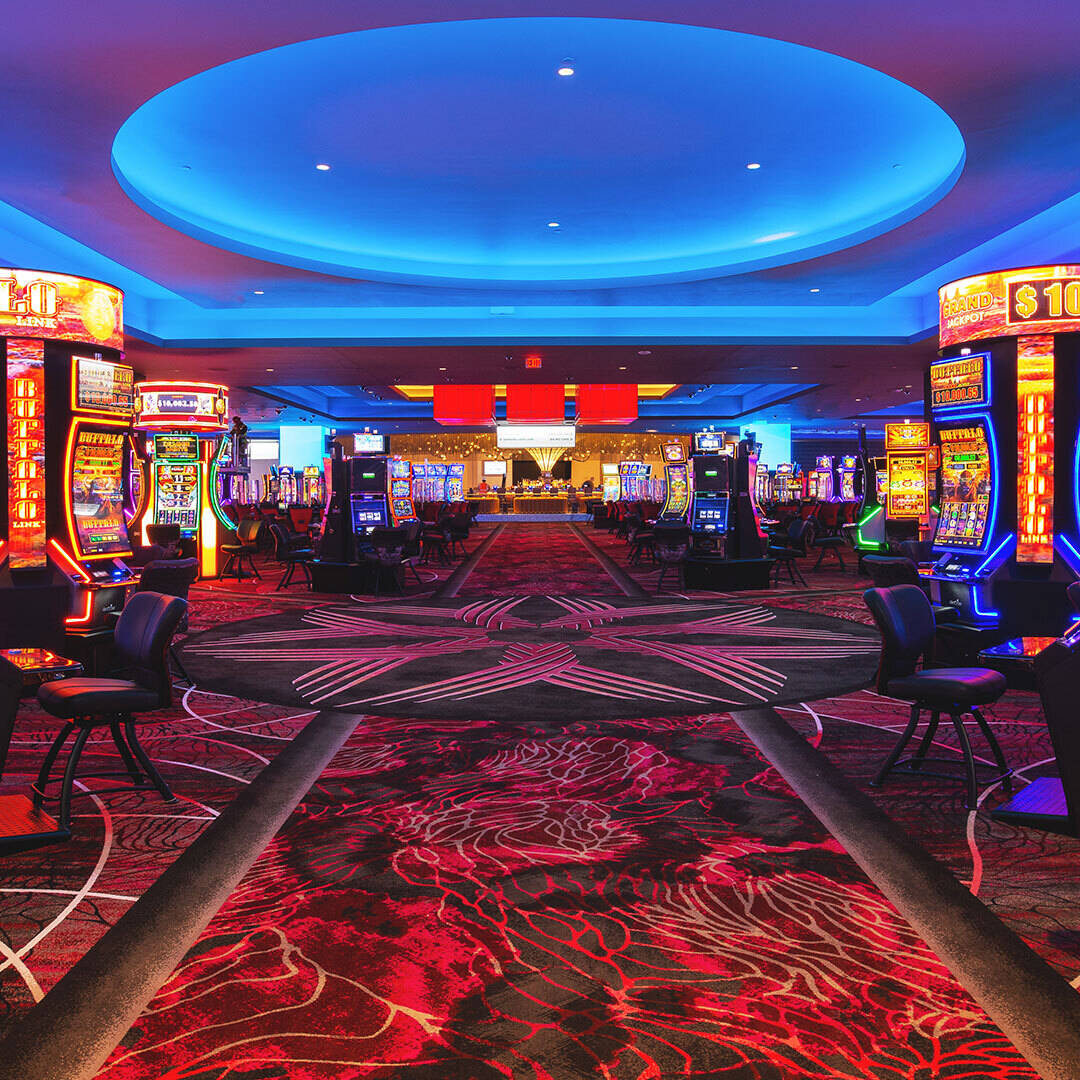
In the lively realm of casinos, where the atmosphere buzzes with excitement and the clinking of chips permeates the space, the position of a dealer is both crucial and fascinating. Daily, these experienced professionals step into a world where fortune and tactics intertwine, leading players through the highs and lows of their selected casino games. From table games like blackjack and poker to the spinning wheels of roulette, dealers facilitate the action while ensuring that every game runs smoothly and fairly.
As the sun rises on another busy day, a casino game dealer prepares to immerse themselves in this dynamic setting. Their responsibilities extend beyond merely dealing cards or spinning a roulette wheel; they are also performers, service providers, and keepers of the game regulations. Each workday brings new obstacles and experiences, making every day distinct in the life of a dealer. This behind-the-scenes look will examine the daily routine of a casino dealer, showcasing the expertise and insights that make this profession both thrilling and rewarding.
The Role of a Gambling Game Dealer
A casino table croupier is at the core of the gaming experience, orchestrating the flow of the play while ensuring that players are involved and entertained. Their main responsibility is to oversee the table, which involves distributing cards, spinning the wheel, or handling the chips, based on the game being played. Dealers must possess a deep understanding of the regulations and guidelines governing each game, while also upholding a welcoming and approachable demeanor to enhance the gaming atmosphere.
In addition to managing the gameplay, dealers must also keep a close watch on the players and the environment around the game. This includes monitoring for any signs of cheating, making sure that everyone is adhering to the guidelines, and resolving any conflicts that may arise among players. Effective communication skills are vital, as croupiers often give explanations about the game’s mechanics and offer assistance to those who may be novice to casino games. KUBET
Moreover, a croupier’s role extends past just the mechanical aspects of the game. They play a crucial part in creating an enjoyable experience for the players. This necessitates establishing a rapport with patrons, being sensitive to their needs, and often adding an aspect of entertainment into the game. It’s this combination of talent, alertness, and people skills that makes the position of a gambling table croupier both challenging and rewarding in the vibrant world of gambling games.
Daily Responsibilities and Challenges
One of the key responsibilities of a casino game dealer is to supervise the multiple games provided at their table, ensuring a smooth and satisfying experience for players. Dealers must be adept at distributing cards, counting chips, and maintaining the continuity of the game. This requires a sharp understanding of the regulations of each game, from blackjack to roulette, and the ability to address players’ questions while keeping the game moving. Attention to precision is essential, as dealers must monitor bets, disburse winnings correctly, and watch for any cheating or discrepancies at the table.
In addition to supervising the game per se, dealers encounter challenges such as dealing with difficult players. The casino environment can be high-pressure, particularly during high-stakes games, and a dealer must remain composed and professional at all times. They need strong interpersonal skills to navigate interactions with players who may be upset about losses or dissatisfied with the game’s pace. Navigating these situations delicately is essential in creating a friendly atmosphere on the casino floor.
Another major responsibility is upholding the honesty of the game. Dealers must be alert and attentive, watching for any signs of collusion or cheating among players. This involves not only a strong knowledge of the games but also an awareness of human behavior. They must also follow the casino’s regulations and procedures, participating in regular training sessions to keep updated on rules and protocols. Balancing these responsibilities while providing excellent customer service is what makes the role both challenging and rewarding for a dealer in a casino.
Skills and Skills for Success
A successful casino game dealer must possess excellent communication skills. This includes not just the ability to clearly explain game rules and procedures to participants but also the capacity to connect with them in a approachable and respectful manner. Building rapport with guests can enhance the gaming experience and encourage repeat visits to the casino. Proficient communication enables dealers to manage tables efficiently while ensuring that players feel valued.
Additionally, solid mathematical skills are essential for a dealer. Quick math are often required to keep track of bets, payouts, and game outcomes in real time. A dealer’s ability to perform these calculations accurately and swiftly promotes to the overall efficiency of the game. This skill helps in maintaining the flow of play and in minimizing disputes or misunderstandings with players, which is crucial in a fast-paced casino environment.
Lastly, an ideal casino game dealer should exhibit integrity and professionalism at all times. Trust is a vital component of the gaming experience, and players must feel assured that the games are conducted honestly and transparently. A dealer’s devotion to upholding high ethical standards fosters a positive atmosphere at the table and enhances the casino’s standing. Being dependable in behavior ensures that dealers leave a enduring impression on guests, which can lead to a dedicated customer base.
